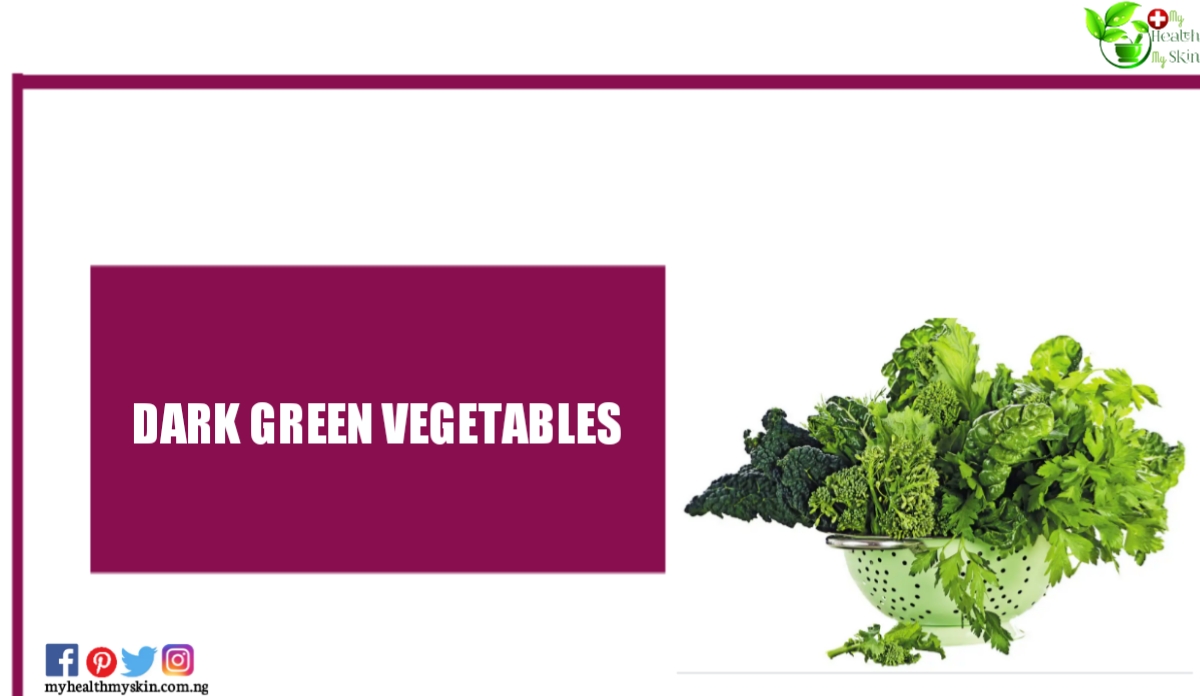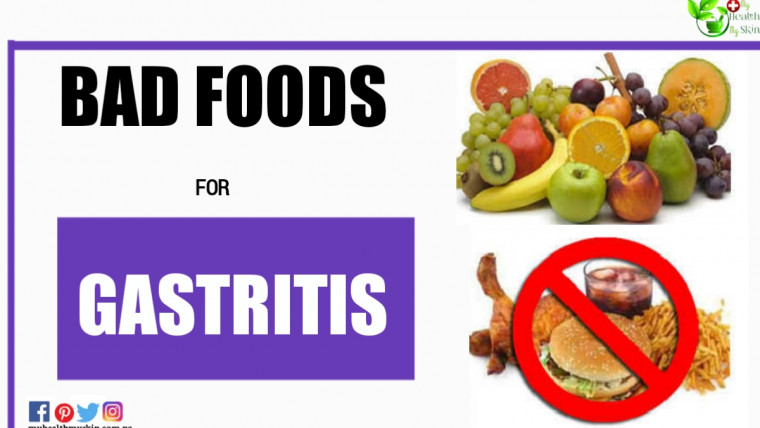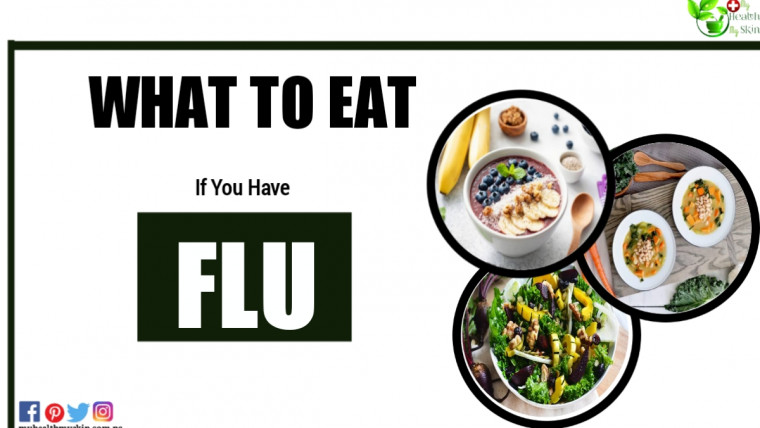Despite being part of most diets, little is said about the benefits of dark green vegetables.
They are excellent sources of vitamins, minerals and fiber, in addition to being low in calories, which makes them great allies in the fight against balance.
In this article, you’ll learn about the health and fitness benefits of each of them, as well as discover ways to include these foods in your diet.
[lwptoc]
Benefits Of Dark Green Vegetables
Dark green vegetables are rich in many vitamins, phytonutrients, and minerals, making them among the most nutritious and popular in most diets.
Discover its main benefits now:
Vitamin K
Vitamin K is an essential nutrient, found in large amounts in most dark green vegetables.
Thus, the consumption of these vegetables helps to:
- Protect bones from osteoporosis as it maintains bone density;
- It can help prevent diabetes;
- It can be an important regulator of inflammation, which can help treat and prevent inflammatory diseases, including arthritis.
- Helps regulate blood clotting;
- It can help prevent atherosclerosis, which is the accumulation of fat in the walls of the arteries.
Calories
Dark green vegetables are among the lowest calorie foods in any diet. For example, a full cup of spinach provides just 7 calories, kale provides 33 calories, and broccoli just over 30 calories.
So if you’re trying to lose weight or maintain a healthy weight, dark green vegetables allow you to eat more and still lose weight.
Micronutrients
These vegetables are rich sources of minerals, including calcium, magnesium, iron and potassium, as well as providing important vitamins, such as the aforementioned vitamin K, in addition to vitamins C, E and many of the B complex.
In addition, they have a high content of antioxidants, such as lutein , beta- carotene and zeaxanthin , which protect cells from damage caused by free radicals , especially the eyes.
Macronutrients
In addition to all the benefits already mentioned, dark green vegetables are great sources of dietary fiber, in addition to containing a certain amount of vegetable protein.
This makes these vegetables great allies for low carb diets , as they contain a very small amount of carbohydrates, fats and cholesterol.
What Are Dark Green Vegetables?
Find out now which dark green vegetables are so you can include them in your diet and enjoy all their health benefits.
Dark Green Legumes
Among the dark green legumes , we can mention the pea and the pod, both rich in carotenoids and several other nutrients.
The pod, for example, is an excellent source of carotenoids, and can be compared to colorful vegetables such as tomatoes and carrots. Plus, it contains twice as much iron as spinach.
Dark Green Cruciferous Vegetables
Dark green cruciferous vegetables, named for the cross-like shape of their leaves, include kale, broccoli, arugula, and turnip greens.
For example, both the tender flowers and crispy stems of broccoli are a rich source of vitamins A, C and K, folate and fiber.
Dark Green Leafy Vegetables
This group is quite diverse, being excellent to complement the menu of the most different diets.
Dark leafy vegetables include:
- watercress ;
- arugula ;
- Brussels
- sprouts ;
- Chard ;
- beet leaf ;
- Broccoli leaf;
- Chickpea ;
- kale ;
- chicory ;
- mustard ;
- spinach ;
- Escarole.
In addition to all the benefits already mentioned, spinach, in particular, is an excellent source of iron.
You Prescribe
Take the opportunity to know some different types of vegetables and recipes:
- 4 Different Types of Fruits, Vegetables, Potential Health Benefits, Commercial Value And Profiles
- 2 Simple Fast Recipes That Will Provide You With A Lot Of Vitamin C
- Healthy Chicken Recipe to lose weight
Care
People who use anticoagulant drugs, such as one called Warfarin, should avoid the consumption of dark green vegetables, since vitamin K acts directly on clotting, interfering with the effect of the drug. To see more post on Diet & Nutrition click here.

Do You Already Consume A Lot Of Dark Green Vegetables? Do You Want To Keep Or Include Them Even More In Your Diet? Comment Below.






